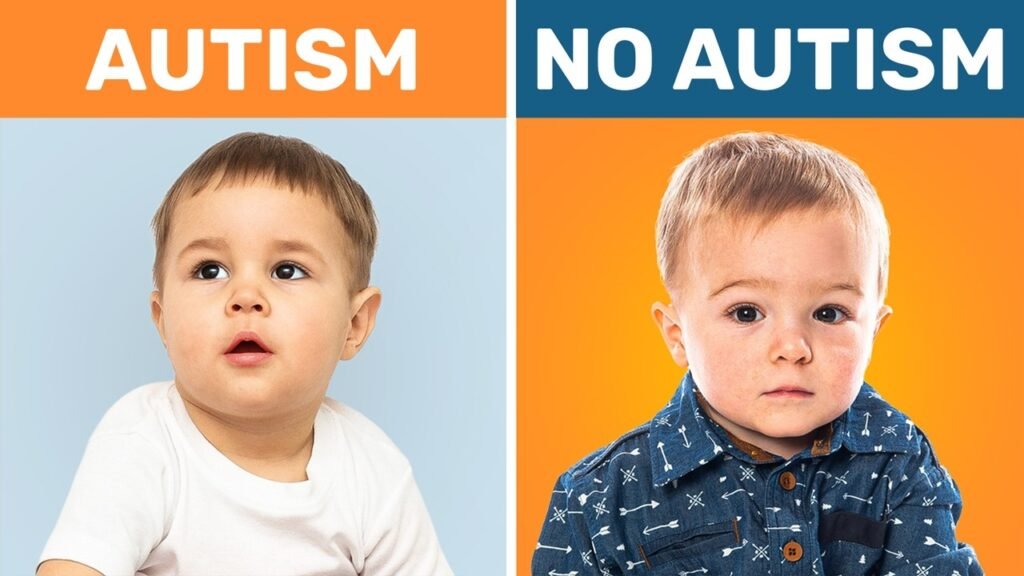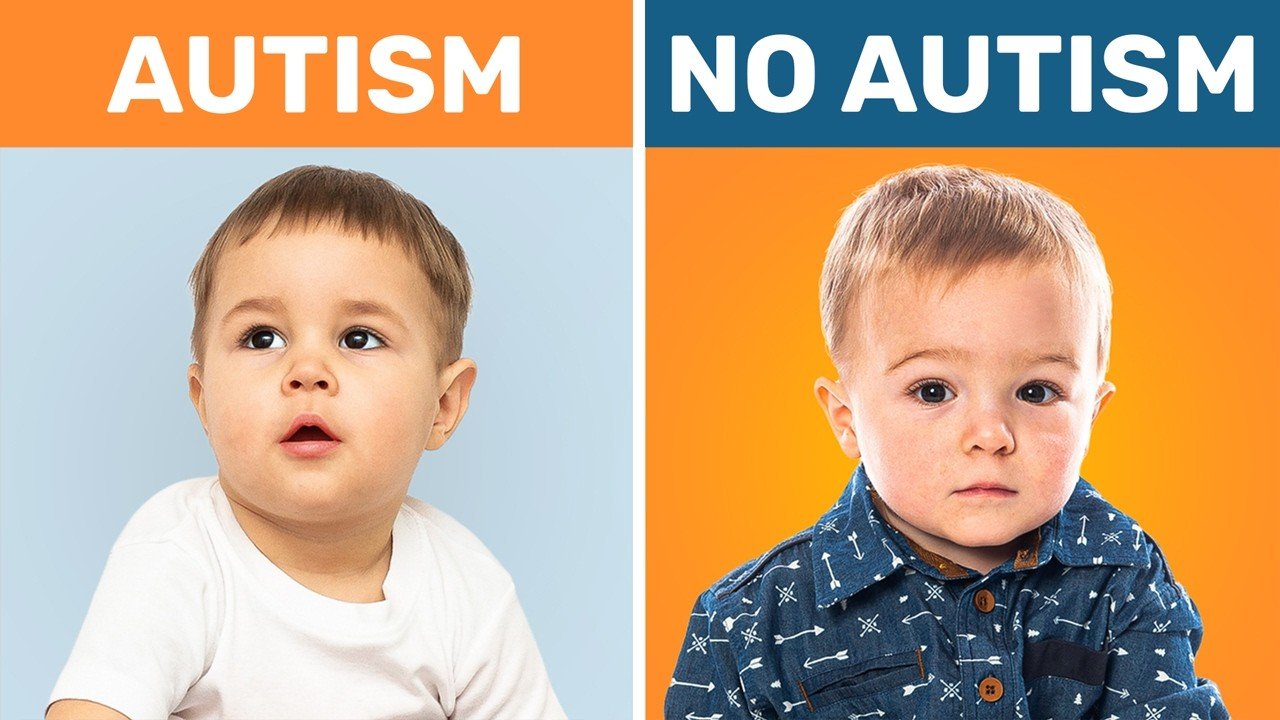Hey there! Have you ever wondered about the subtle signs of autism that most parents tend to miss? In this video by Emma Hubbard, you’ll be guided through 10 subtle signs to look out for in your child. From how they use eye contact during play to their language development, these signs can indicate that you should have a conversation with your child’s doctor or health professional. Remember, early intervention can have a positive impact on your child’s life, so being aware of these signs can be highly beneficial.
So, take a moment to watch the video and learn about these 10 subtle signs of autism that most parents overlook. It’s important to remember that this video is not meant for at-home diagnosis, but rather as a tool to help you spot potential indicators. Make sure to seek guidance from a medical professional if you have any concerns about your child’s health or wellbeing. Your child’s future could be positively impacted by catching these signs early – so stay informed and proactive!

Delayed Speech Development
If you notice that your child with autism is experiencing delayed speech development compared to their peers, it may be a sign of the condition. Children with autism often struggle with language milestones such as babbling and forming words. They may find it challenging to communicate their needs and thoughts verbally, which can lead to frustration for both the child and their caregivers. Seeking early intervention and support from speech therapists can help improve your child’s communication skills and overall quality of life.
Lack of Eye Contact
Children with autism may avoid or have difficulty making eye contact during social interactions. Limited eye contact can impact your child’s ability to connect with others, as eye contact plays a crucial role in nonverbal communication. If you notice that your child is not engaging in eye contact or struggles to maintain eye contact during conversations or play, it may be a sign of autism. Encouraging your child to work on building their eye contact skills through positive reinforcement and practice can help improve their social interactions.
Repetitive Behaviors
Engaging in repetitive behaviors such as hand flapping or rocking is common in children with autism. These behaviors can serve as self-soothing mechanisms or ways for the child to regulate their emotions. However, excessive repetitive behaviors can interfere with your child’s daily activities and social interactions. It’s essential to work with therapists and educators to help your child develop coping strategies and alternative behaviors to manage their need for repetition effectively.
Sensory Sensitivities
Children with autism often have heightened sensitivity to sensory stimuli such as lights, sounds, or textures. They may overreact or underreact to sensory input, leading to sensory overload or sensory-seeking behaviors. It’s important to create a sensory-friendly environment for your child by minimizing triggers and providing sensory tools to help them regulate their sensory experiences. Working with occupational therapists can also help your child develop sensory integration skills to cope with their sensitivities effectively.
Difficulty with Social Interactions
If your child is struggling to engage in conversations or play with peers, it could be a sign of autism. Children with autism may have difficulty understanding social cues, taking turns, and sharing experiences with others. They may also lack interest in expressing their emotions or connecting with their peers on an emotional level. Encouraging social skills development through social stories, role-playing, and structured social activities can help your child improve their social interactions and build meaningful relationships.
Difficulty with Transitions
Children with autism may find it challenging to transition from one activity to another, leading to meltdowns, tantrums, or resistance to change. Sudden transitions or unexpected changes in routine can trigger anxiety and distress in children with autism. It’s essential to establish predictable routines, use visual schedules, and provide warnings before transitioning to help your child navigate changes more smoothly. Working with behavior therapists can also help your child develop coping strategies to manage transitions effectively.
Fixation on Specific Topics
If your child exhibits an intense interest in a particular topic or object to the exclusion of others, it may be a sign of autism. Children with autism often have a narrow focus of interests and struggle to shift their attention to other subjects or activities. While having a passion for a specific topic can be beneficial, it’s essential to encourage your child to explore diverse interests and engage in a variety of activities to broaden their perspective and social skills.
Unusual Body Movements
Engaging in repetitive body movements such as spinning or flapping is another common sign of autism in children. These unusual body movements can serve as a form of self-stimulation or expression for the child. While these behaviors are typically harmless, they can draw unwanted attention or interfere with your child’s daily functioning. It’s important to teach your child more socially acceptable ways to regulate their emotions and sensory experiences to reduce the reliance on unusual body movements.
Difficulty with Empathy
Children with autism may struggle to understand or respond to others’ emotions, leading to challenges in expressing empathy. They may have difficulty recognizing facial expressions, body language, or tone of voice cues that convey emotions. It’s essential to teach your child about emotions, perspective-taking, and empathy through social skills training and emotional literacy activities. Building your child’s emotional intelligence can help them navigate social interactions and develop meaningful relationships with others.
Unusual Play Behaviors
Engaging in repetitive or scripted play behaviors and demonstrating limited imagination in play are common in children with autism. They may struggle with pretend play scenarios, abstract thinking, or social play skills. Encouraging your child to engage in creative and open-ended play activities can help them develop their imagination, problem-solving skills, and social interactions. Providing opportunities for peer play and structured play dates can also help your child build social connections and learn appropriate play behaviors.
By recognizing these subtle signs of autism and seeking early intervention and support, you can help your child navigate their challenges and reach their full potential. Every child with autism is unique, and their strengths and abilities should be celebrated. Remember that early intervention and a supportive environment can make a significant difference in your child’s development and overall well-being. Don’t hesitate to reach out to healthcare professionals, therapists, and educators for guidance and resources to support your child’s journey. Stay positive, patient, and understanding as you navigate the complexities of autism with your child.

